“We, on the other hand, have expected and had no doubts that the landfill would continue to threaten the borough with legal action, just as they have with every municipality ... that has not agreed with them over the years,” he said. “They think their hand is stronger than it is.” —Pat Clark, Friends of Lackawanna
Borough council has less than a week to take action on Mayor Timothy Burke’s veto of a controversial zoning amendment that benefited the Keystone Sanitary Landfill, according to state law.
Under Pennsylvania’s borough code, a mayor has the ability to veto an ordinance with objections at the next scheduled council meeting after the ordinance passed. On Sept. 19, council voted 4-3 that sanitary landfills are not structures and thereby not limited to the 50-foot height restriction in the landfill’s zoning district. The zoning change dealt a major blow to efforts to prevent the Louis and Dominick DeNaples-owned landfill’s 40-plus-year expansion plans.
During Monday’s council meeting, Burke announced that he was invoking his authority as mayor to veto the ordinance.
According to state law, council can either reconsider the ordinance at the meeting when the veto occurred, or it can hold another meeting no later than 10 days after the veto. If council chooses to do nothing, the veto stands.
Council did not take action Monday, and solicitor Thomas Cummings told council he would issue a written opinion on whether the mayor’s veto is effective. Repeated attempts to reach Cummings were unsuccessful this week.
Council’s options
Council President Michael Dempsey, Vice President Thomas J. Hallinan and Councilman Vince Amico voted against the zoning ordinance last month. Council members Michael McHale, Michael Hayes, Thomas Ehnot and Carol Scrimalli voted in favor. The landfill requested the amended ordinance.
To override Burke’s veto, council needs a majority plus one, or a 5-2 vote. To achieve that, either Dempsey, Hallinan or Amico would have to change their vote. All three said they stand by their votes.
Chester Corse Jr., an attorney based in Pottsville who has practiced municipal law for 40 years, said he has never seen a council override a mayoral veto.
“I’ve had a lot of vetoes, but I’ve never had one where they overrode the veto,” he said.
If council fails to overrule the mayor’s veto, it can still revise and pass a similar ordinance, he said.
“That’s the more likely course that people will follow,” Corse said. “That happens more than anything else.”
To pass a revised ordinance, council will have to start the entire process from the beginning, he said. They will need to submit the ordinance to the county and borough planning commissions, hold a public hearing and vote.
The mayor can just veto it again, though, he said.
If council does override Burke’s veto, Dunmore residents and businesses will have 30 days to appeal, Corse said.
Precautionary veto
State law says the mayor must be presented with the ordinance, either through hand-delivery or certified mail, which Burke said never happened.
The presentment statute is to ensure that the mayor gets the ordinance to consider, Corse said.
“Well, he’s considered the ordinance, and he vetoed it,” he said.
Someone could potentially argue that the mayor can’t waive his right to be presented because the statute doesn’t say a mayor can waive it, Corse said. Then, Burke would have to wait until he was presented to veto it again.
“That’s a legal question that a court would have to rule on,” he said.
Burke said he didn’t want to take any chances.
“When I didn’t receive it, I thought they must be up to something, so I followed what (the borough code) said,” Burke said. “Our borough solicitor did not follow through with the borough code and have Vito Ruggerio send me a certified letter.”
Ruggerio, who is Dunmore’s borough manager, directed questions to the solicitor. He refused to say whether he mailed Burke a certified letter.
New ordinances are rare in Dunmore, but when the town does have an ordinance, it’s always at the borough office for review, Ruggerio said.
Pat Clark, a leader of anti-expansion grassroots group Friends of Lackawanna, lauded Burke’s decision to veto the ordinance, even if the mayor had yet to be formally presented with it. By vetoing it Monday, Burke removed any argument that he didn’t follow state law and veto the ordinance during the next scheduled meeting after the ordinance was presented to him, Clark said.
“I think Mayor Burke is very prudent in his approach here,” he said.
Al Magnotta, a consultant for the landfill, said they expected Burke’s response.
“I can only say that we anticipated that the mayor would resort to political expediency,” he said. “We have already developed a plan.”
Magnotta refused to elaborate on what the plan is.
Expansion opponents expected Keystone to respond, Clark said.
“We, on the other hand, have expected and had no doubts that the landfill would continue to threaten the borough with legal action, just as they have with every municipality ... that has not agreed with them over the years,” he said. “They think their hand is stronger than it is.”
